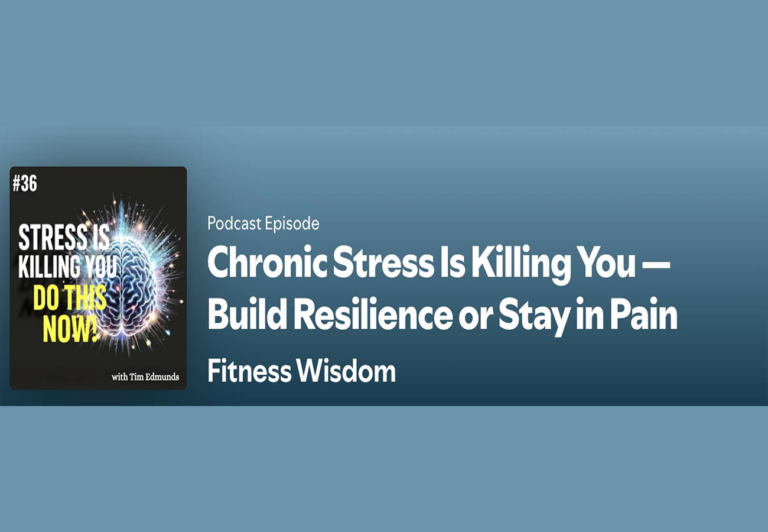Building strong and happy relationships
Relationships are a fascinating and complex aspect of human interaction. At their core, they require two individuals to align their goals and intentions. Initially, in any relationship, there’s an understanding that both parties want to work together, but sometimes, things can go awry. Communication is the key to relationships.
Recently, during a group conversation, we discussed the challenges of relationships, and everyone agreed that communication is the key. However, in my world of co-regulation and neuroception, I believe that communication goes far beyond mere conversation; it extends to how our nervous systems interact with each other.
I once heard a politician in a debate claim that he could resolve any conflict by recognizing that foreign adversaries would act in their own self-interest. This principle holds true for our personal relationships as well. Our partners, regardless of the situation, will naturally prioritize their self-interests.
The conversation in my group started to shift towards the idea that relationships are a two-way street. However, I have a somewhat unpopular perspective: I believe relationships are, in fact, a one-way street, with each party consciously pursuing their personal self-interest.
If you’re waiting for someone to change to balance the relationship, you might find yourself waiting indefinitely. However, if you assume 100% responsibility for the success or failure of the relationship, you retain 100% control of the outcome. You must embody the change you wish to see in your partner. This isn’t just personal opinion; it’s backed by science.
When your own nervous system is calm and regulated, you create a safe and harmonious environment in your home. Neuroception, a concept from the world of co-regulation, tells us that your partner’s nervous system can detect whether you are regulated, strong, and confident or unregulated and chaotic.
Co-regulation empowers the person taking initiative to set the tone for a calm, secure, and loving environment conducive to nurturing a balanced relationship. As we individually commit to improving our relationships, we become better at empathizing with our partners. We can gauge whether they are feeling calm and safe or whether they need our support.
This strength becomes the adhesive that keeps relationships intact. Two unregulated individuals can’t form a cohesive bond, but when one person possesses a strong, confident, and regulated system, they can start to build a bridge and support the other as they come together.
In summary, understanding that relationships are driven by the pursuit of individual self-interest doesn’t make them selfish; it empowers us to take control and responsibility for their success. By cultivating emotional regulation and providing a safe environment, we create the foundation for strong and lasting connections.
**Don’t Expect Anyone to Change. Be the Change You Want to Support in Others.**



